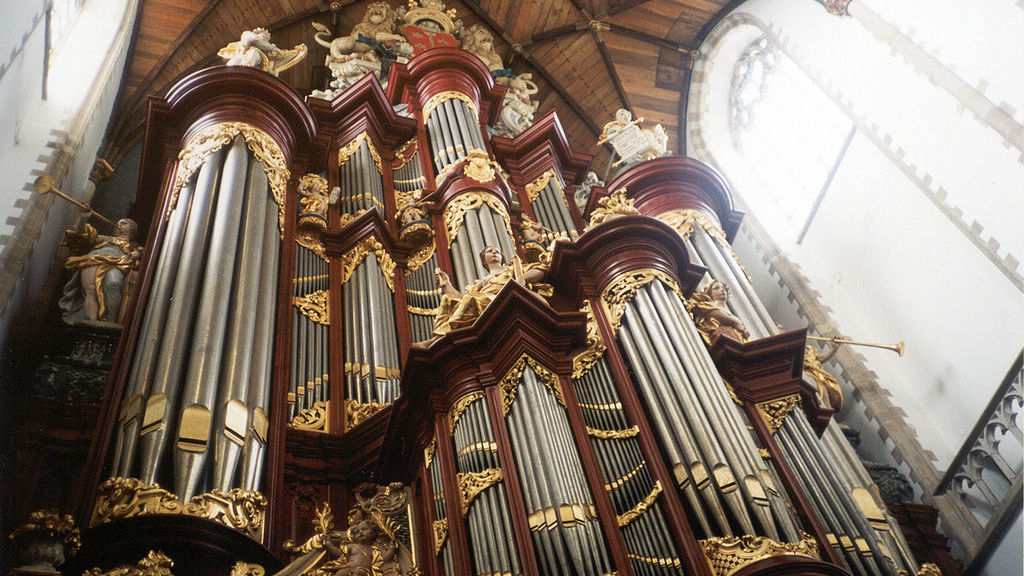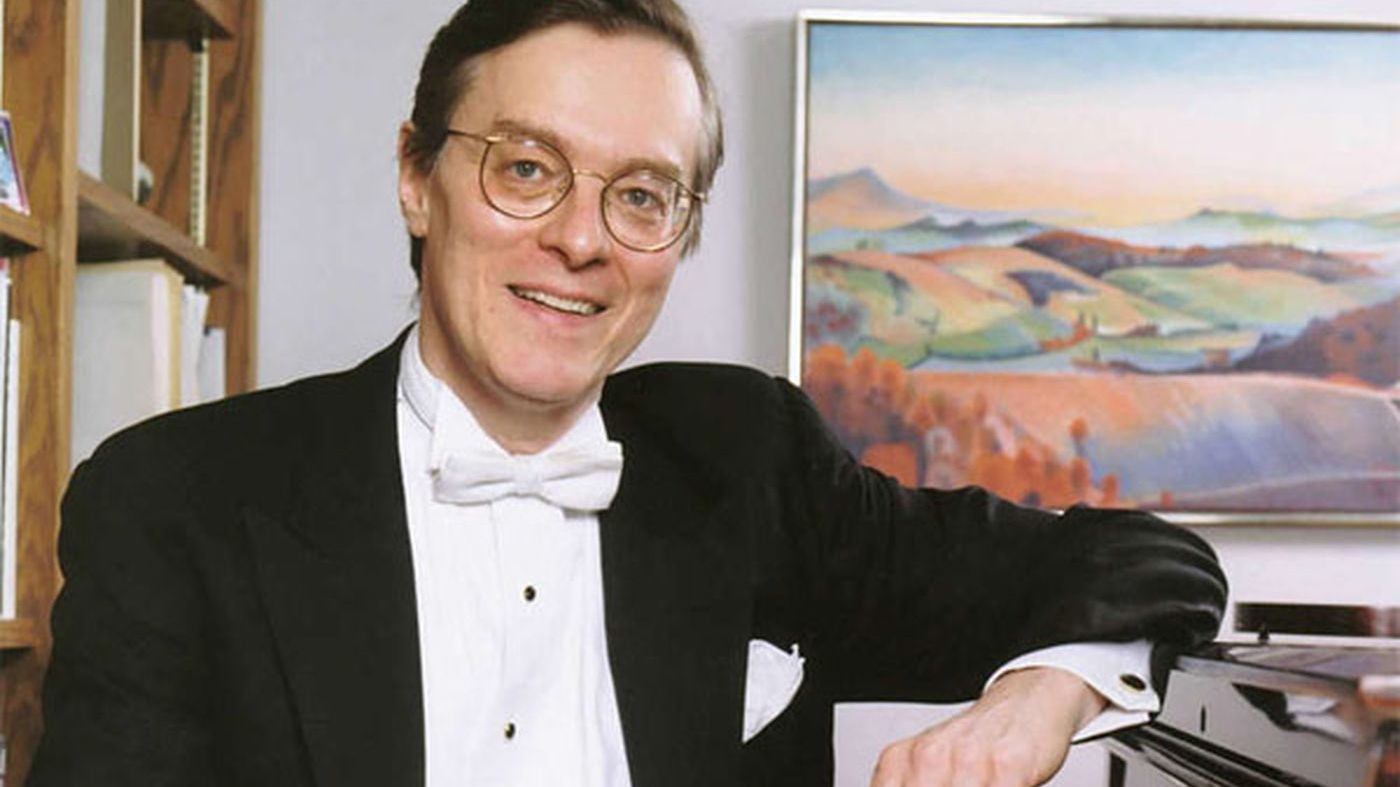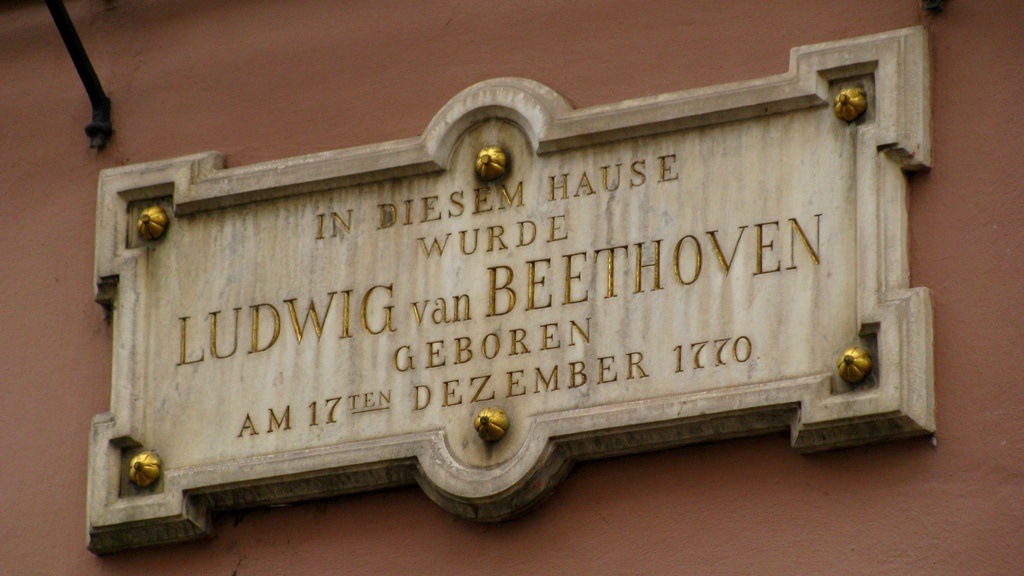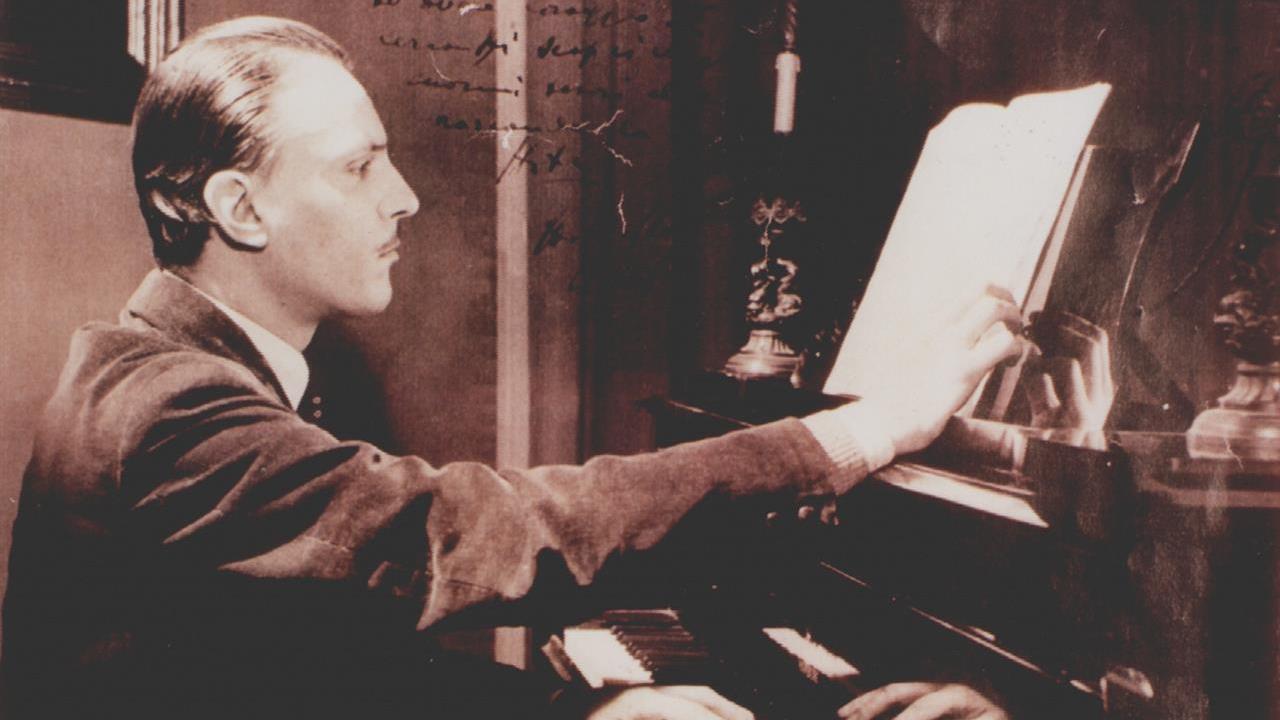Chopin’s Berceuse and the Music of Bill Evans
Listen to Frédéric Chopin’s D-flat major Berceuse, Op. 57, completed in 1844, and you might get the uncanny feeling that you’re hearing a jazz improvisation. As its title suggests, on one level, Chopin’s masterwork is a dreamy, gently rocking lullaby. Until the final cadence, it’s built on a sublime harmonic oscillation made up of just two chords. It begins with a serene melody which seems to anticipate the Gymnopédies of Erik Satie, published …







